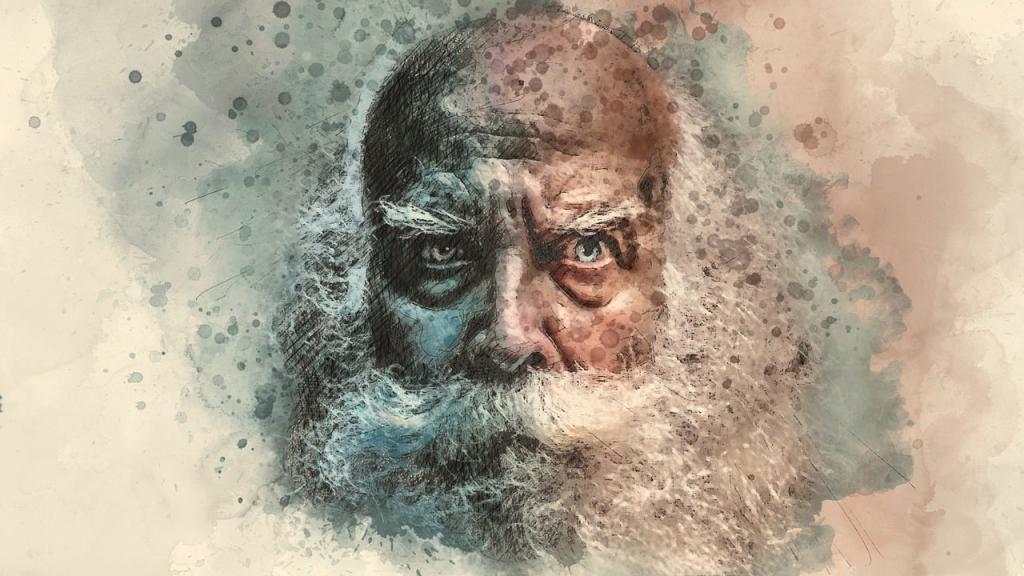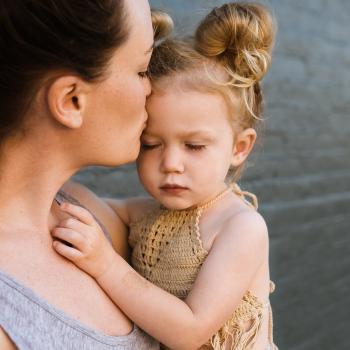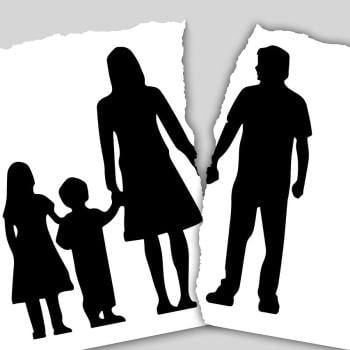
Image by Alana Jordan from Pixabay
The story of Leah and Rachel, known to some as the “original sister wives,” is found in Genesis. These two women became the co-wives of Jacob (later known as Israel), and their story offers a compelling glimpse into the complexities of family dynamics and divine purpose.
Leah and Rachel were the daughters of Laban, a cunning and selfish man. Jacob, a man of questionable character himself, cheated his brother Esau by deceiving their father and stealing his brother’s birthright. Escaping for his life from the wrath of Esau, who threatened to kill him when their father died, Jacob took refuge with his uncle, Laban.
Upon meeting Rachel, Jake fell deeply in love and agreed to work for Laban for seven years to earn her hand in marriage. However, tradition dictates that the older sister must marry before the younger one does, so Laban devises a deceptive plan with Leah. Laban tricked Jacob into marrying Leah, Rachel’s older sister, before allowing him to marry Rachel a week later in exchange for another seven years of labor (Genesis 29:15-30). The practice of polygamy was common at the time and in that culture, so don’t get distracted by it and miss the lesson.
As you might expect, there was a great deal of tension, jealousy, and heartache between the sisters. The Bible says, “Leah had weak eyes, but Rachel had a lovely figure and was beautiful, and Jacob was in love with Rachel….” Sadly, Leah was relatively unloved by Jacob, but she bore him many children. Rachel, on the other hand, endured years of barrenness but eventually gave birth to Joseph and, later, Benjamin.
I have wondered if this story is representative of what is called the “Second-wife syndrome.” This concept refers to the challenges that occur when a person marries for a second time or, in Jacob’s case, takes a second wife. Second-wife syndrome is a term used to describe the feelings of insecurity, competition, or resentment that the second wife may experience about the first wife. It can also encompass the difficulties of dealing with emotional baggage from convoluted relationships.
Genesis 31: A Turning Point
Jacob had spent two decades working for Laban, and despite Laban’s repeated efforts to take unfair advantage of his son-in-law, God blessed Jacob with tremendous wealth. After tensions between Jacob and Laban reached the boiling point, God told Jacob to return home. “The Lord said to Jacob, ‘Go back to the land of your fathers and to your relatives, and I will be with you’” (Genesis 31:3).
This experience is the second time God told Jacob He would bless him. Despite his lying and cheating ways, and while Jake was on the run from his brother years earlier, the Lord gave Jacob a dream and told him, “No matter your past, I am here for you, supporting you on every step of your journey. I will bring you restoration and redemption. I will never abandon you. Trust that I will fulfill all my promises” (Genesis 28:15, BPV). Jacob was not a good role model for anyone, but God saw something different, better, and a man of potential. The Lord never gave up on him.

Image by Brigitte Werner from Pixabay
Their Perspective on Laban
As they discussed the situation with their husband, Leah and Rachel expressed a shared sense of betrayal by their father. They admit that Laban mistreated them, and their unity in condemning Laban’s behavior is noteworthy, given their personal history of conflict. This moment marks a shift in their relationship as they align themselves with Jacob and recognize God’s hand in their family.
Leah and Rachel support Jacob despite the uncertainty of leaving their homeland. They affirm, “Whatever God has said to you, do it” (Genesis 31:16). Their willingness to follow Jacob demonstrates a shared confidence in God’s goodness.
Lessons from Leah and Rachel
The story of Leah and Rachel provides us with some key takeaways:
- Despite their previous rivalry, Leah and Rachel ultimately unite in their loyalty to Jacob and their rejection of Laban’s mistreatment. This unity highlights the possibility of reconciliation and shared purpose even in difficult and strained relationships. They finally put family unity above personal issues.
- Throughout Leah and Rachel’s story, God’s hand is evident. He blesses Leah with children, hears Rachel’s prayers for a son, and guides Jacob’s family out of Laban’s control. Their story reminds us that God is sovereign and works through imperfect people and messed-up situations to fulfill His purposes.
- Leaving their father required courage from Leah and Rachel. Their willingness to step into the unknown, trusting in God’s guidance, exemplifies faith in action.

Image by Mohamed Hassan from Pixabay
Conclusion
Leah and Rachel’s story is about struggle, resilience, and hope. We see these women’s transformation from lives shaped by rivalry and manipulation to a shared journey of trust in God’s promises. Their legacy as the “original sister wives” is a testament to the realities of human relationships and yet the redemptive power of divine purpose.
Jacob, Leah, and Rachel’s story also proves that God is at work even in the messiest of circumstances. It is an Old Testament example of God’s mercy and grace, as the Lord blessed Jacob regardless of his many failures and family dysfunction.
Having my own dysfunctionalities surrounded by a multitude of my sins, Jacob’s story is a comforting reminder that I must trust in God’s guidance and find hope in His faithfulness.
Abba is faithful even when we are not (2 Timothy 2:13), and that truth amazes me.
Every day.
Please leave a comment below, and let’s engage in a conversation.
You can find out more about Kurt Bubna and his writing on Twitter and Facebook. You can read more about his views and insights, both in his books and on his website.













